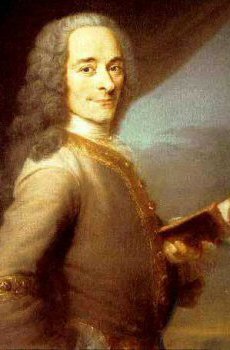-
The Play’s the Thing
It’s been pointed out to me that I don’t read enough fiction nowadays. This is a fair point: a lot of recent work has been on acting manuals, editorial debates, press cuttings, pamphlets and so on. To remedy this, but also t improve my understanding of the eighteenth-century theatre, I decided to read more plays…
-
Marian Hobson-Jeanneret and My Thesis
Following on from my post on Anne Barton (née Righter), this post is dedicated to Marian Hobson-Jeanneret (née Hobson), and, more particularly, her book The Object of Art: The Theory of Illusion in Eighteenth-Century France, published in 1982. Like Barton’s Shakespeare and the Idea of the Play, this book grew out of Hobson-Jeanneret’s thesis, so…
-
Editors and Actors: Pope
What attitude towards the stage does Alexander Pope’s 1725 edition of Shakespeare’s plays evince? That is the question. Answering it turns out to be quite difficult, so this post will be as much about methodology as about tentative conclusions. As most readers of Pope’s Shakespeare would, I began with the preface, where many differences with…
-
Editors and Actors: Rowe
Having chosen the topic of ‘actors and editors’ for the BSECS conference in January, I have started work on the voluminous editions of Shakespeare produced throughout the eighteenth century, looking for how the editors respond to the world of the stage. I’ve done some of this already, as exploratory reading for one chapter of the…
-
Anne Barton and My Thesis
I came across Anne Barton’s Shakespeare and the Idea of the Play on a nicely named ‘local interest’ shelf at the Chaucer Head bookshop, Stratford-upon-Avon. The title immediately leapt out at me, as it offered a way of formulating my own thoughts on Shakespeare and drama in the eighteenth-century: the phrase ‘the idea of’ neatly…
-
Thinking about William Richardson
William Richardson (1743-1814) was a professor at Glasgow University and published five books on Shakespeare, all with similar titles, and, behind the titles, a similar and unusual approach to the bard. Over the last few days, I have read the following: A Philosophical Analysis and Illustration of Some of Shakespeare’s Remarkable Characters (1774). Essays on…
-
The Canons of Criticism
I’ve just finished yet another book in the series Eighteenth-century Shakespeare, this time called The Canons of Criticism, by Thomas Edwards, first published in 1748, and reissued six times thereafter, finally stopping in 1765. The book is a critique of Bishop Warburton’s 1747 edition of Shakespeare’s works. It functions by fulfilling Warburton’s over-ambitious promise of…
-
Voltaire and Falstaff

This post was written when my work was orientated towards the influence of French literary criticism on the eighteenth-century appreciation of Shakespeare, and is thus slightly out of sync with the rest of the material presented on this website. More details here. I admit that Voltaire and Falstaff make for an unlikely pairing: one is…
-
Diderot and Shakespeare’s Performability
This is the text of a five-minute presentation I recently gave as a training exercise at Cambridge. Since it was for a non-specialist audience, and had to be kept both short and clear, I thought it would make a great blog post. Enjoy. Introduction Two observations. The performances of the eighteenth-century actor David Garrick were…
-
A Muse of Fire
How international is a national poet? This blog is part of a doctoral investigation into the role played by French thought in the criticism and canonisation of Shakespeare in eighteenth-century Britain. Typically seen as a ‘national poet’, I believe that Shakespeare, from the outset, was read and interpreted in an cross-cultural and not an insular…